Gujranwala
Lahore
Multan
Rawalpindi
Faisalabad - lyallpur
Gujrat
Bahawalpur
Jhelum
Chakwal
Sialkot
Gujranwala Lahore Multan Rawalpindi Faisalabad - lyallpur Gujrat Bahawalpur Jhelum Chakwal Sialkot
History. Culture. Heritage.
Step into the labyrinth of age-old cities. Here, the past and the present merge in every bustling stall and quiet corner. Let the journey pull you deeper, guided by the spirit of Punjab, alive in every hidden nook.
Each city, a world within itself. Amritsar
Gurdaspur
Hoshiarpur
Jalandhar
Ludhiana
patiala
sangrur
mansa
bathinda
Chandigarh
Amritsar Gurdaspur Hoshiarpur Jalandhar Ludhiana patiala sangrur mansa bathinda Chandigarh

MANSA
A town rooted in the soil. Fields stretch endlessly.
Simple. Strong.
Known for its agriculture. Crops sway in the breeze. Quiet mornings. Busy afternoons. A place where tradition runs deep. Where hard work is a way of life. Mansa’s essence is in its land.
Grounded. Proud.
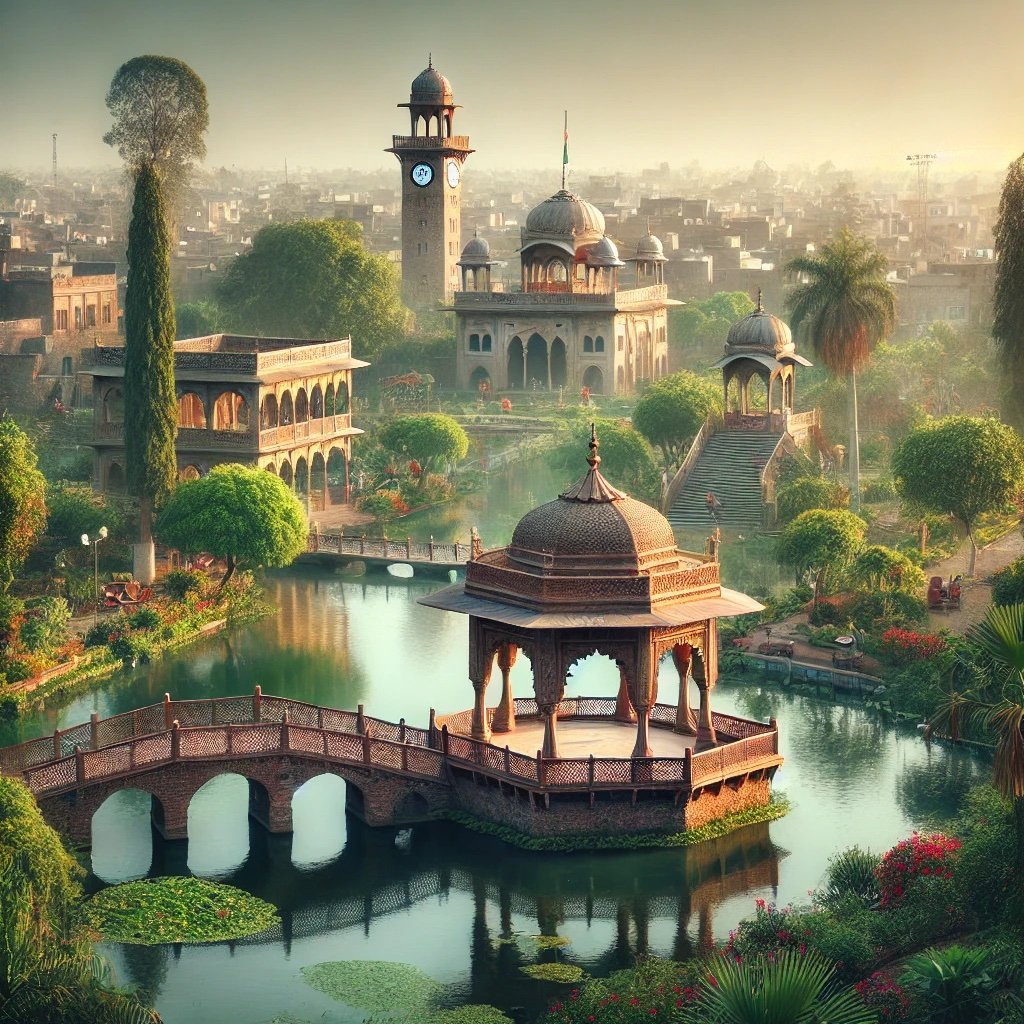
SANGRUR
A town with charm. Quiet streets. Friendly faces. Known for its rich heritage. Old palaces. Green gardens. A town where history whispers.Slow. Calm. Steady. It’s more than a place. A connection to Punjab’s heart. Sangrur.

PATIALA
A royal city. Founded in 1763 by Baba Ala Singh. A symbol of power and opulence. The Malwa region. Forts. Palaces. Gardens. Patiala Shahi turban. The Patiala Dynasty. Renowned for its heritage and culture. 94km SouthEast of Ludhiana. Patiala.

LUDHIANA
The largest city in the Indian Punjab. Originally founded by Lodhi princes in 1481. Evolved into a major economic hub. The southern bank of the Sutlej River. Trade. Agriculture. Manufacturing. Textile and hosiery. 61 km south of Jalandhar. 1.9 million people. Ludhiana.

JALANDHAR
Rice. Wheat. Sugarcane. Maize.
Jal - Water / Andhar - Within.
3,400 square kilometers, and 45km southwest of Hoshiarpur. Situated in the heart of the fertile Doaba region, between the Beas and Sutlej rivers. Rich agricultural plains. The city of Jalandhar.

HOSHIARPUR
The Shivalik Range. A city steeped in history and culture. The Sham Chaurasi Gharana. Fields of sugarcane, mango orchards, and lychees. A legacy of handloom textiles and skilled woodcraft. Once dominated by the Sikh confederacies. Now a thriving part of modern Punjab. 85km from Gurdaspur. 1.6 million people. Hoshiarpur.

GURDASPUR
A gateway to the Himalayas. The northernmost part of Punjab, India. Annexed to British India in 1849. A city steeped in history, marked by its role in the Partition of 1947. Known for its fertile lands. 73km from Amritsar. Gurdaspur, where agriculture and tradition flourish in the heart of Punjab.
AMRITSAR
Originally named Ramdaspur after the city's founder, the fourth Sikh Guru - Guru Ram Das. Known colloquially as Ambarsar. A population of 1.5 million. The second largest city in the Indian Punjab. 30km East of the India-Pakistan border. Home to the Golden Temple, and the heart of Sikhism. Amritsar.
SIALKOT
Founded by Raja Sul - a King of the Sial tribe circa 5000 years ago. Invaded by Alexander the Great, ruled by the Delhi Sultanate, and the Mughal empire. Eventually incorporated into the Sikh empire, and overtaken by the British East India Company. A dynamic economy. Exports - sporting goods, surgical instruments. 225km northeast of chakwal. Sialkot City.

CHAKWAL
Wheat. Barley. Corn. Rock Salt.
Chak - land / Wal - Owner & Cultivator.
6000 square Kilometres, and 70km northwest of Jhelum. In the midst of hills and mountains. Chakwal fort. Kallar Kahar Lake. Katas Raj Temples. The city of Chakwal.
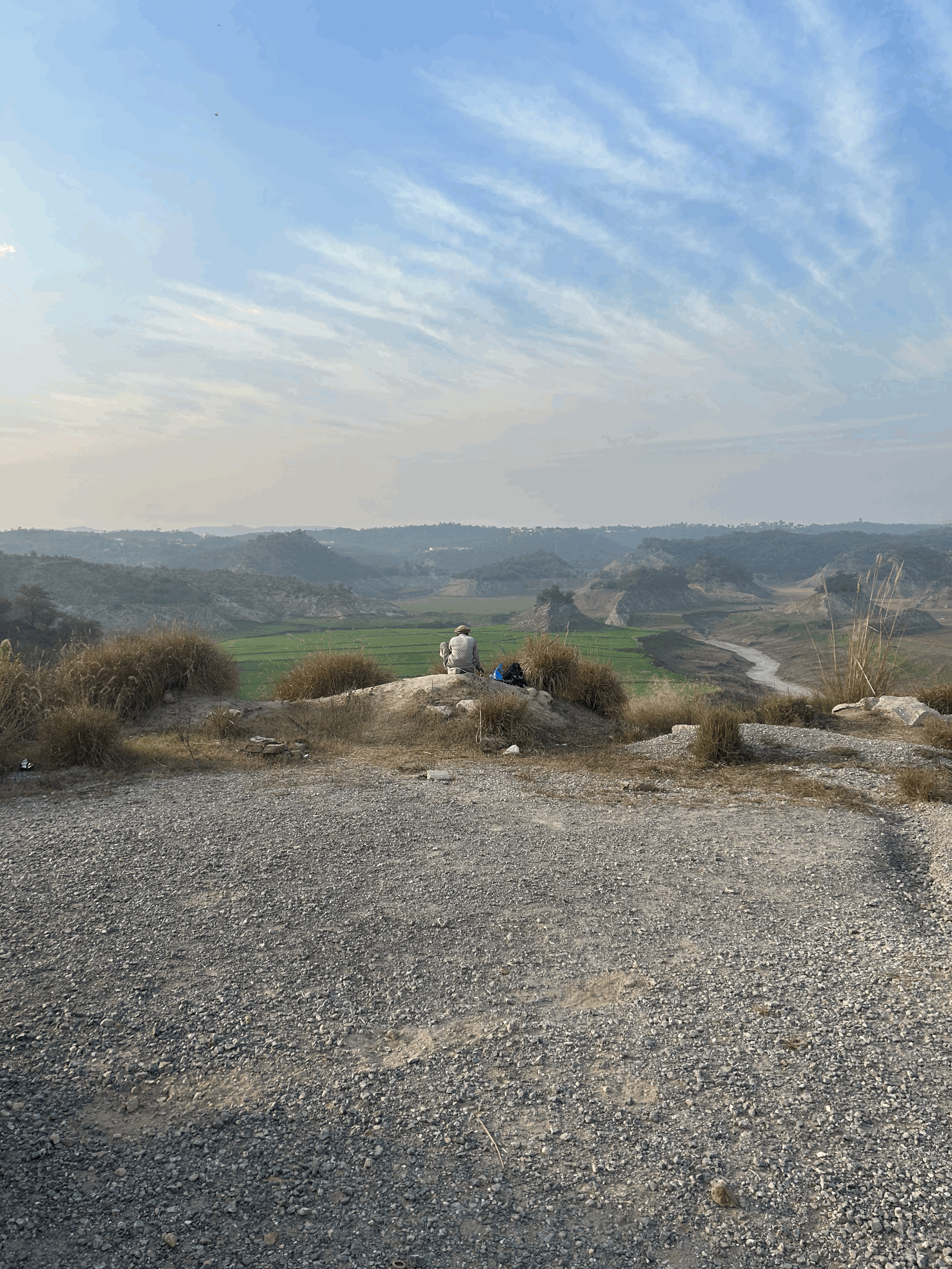
JHELUM
The east bank of the Jhelum River. Inhabited for several thousands of years. Rohtas Fort. Sher Shah Bridge. Tilla Jogian. 400,000 people. Jhelum city, 100km southeast of Rawalpindi- small, significant, special.
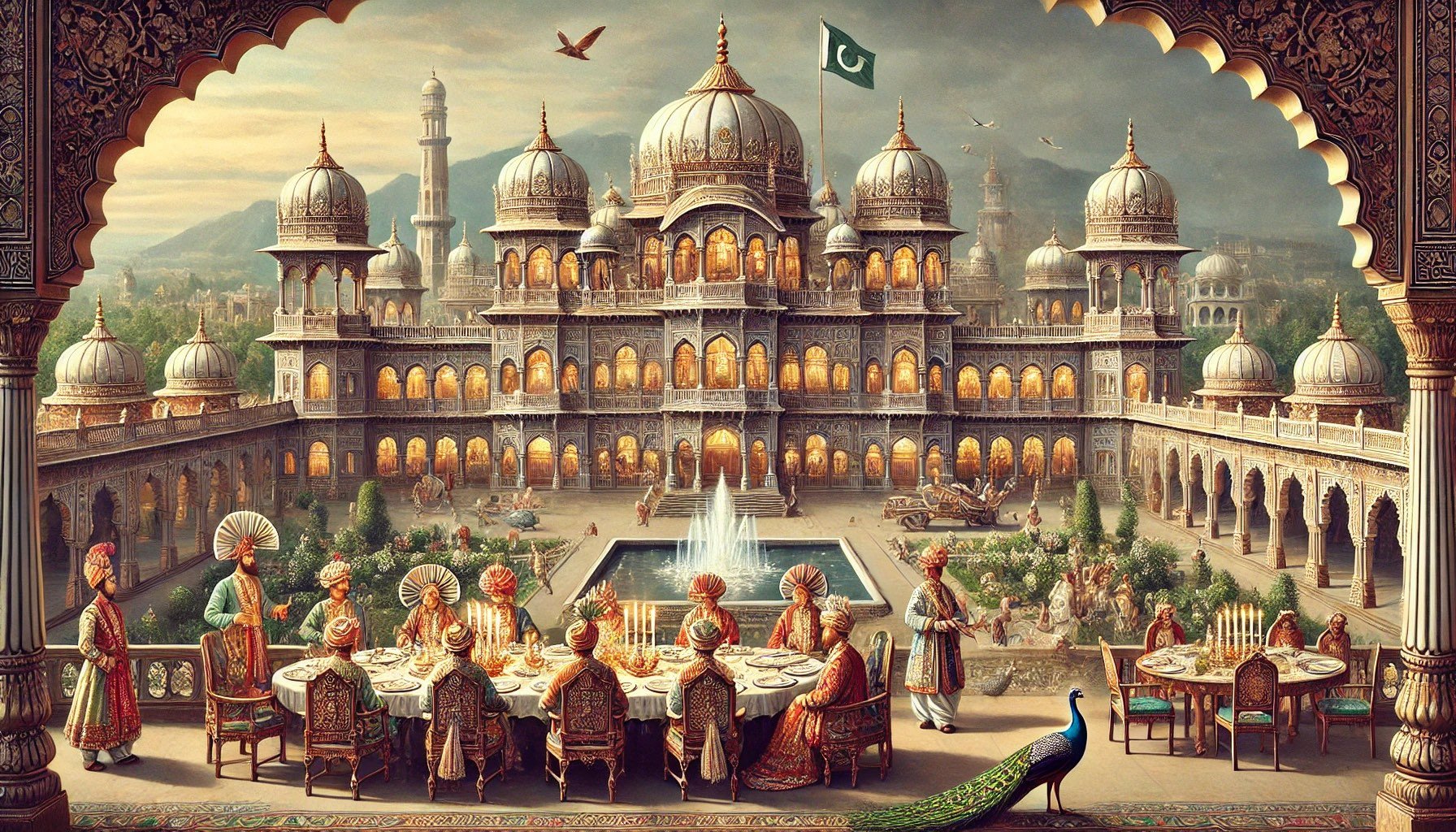
BAHAWALPUR
1748 - Capital of the princely state of Bahawalpur. Cotton. Wheat. Sugarcane. Pottery. Embroidery. 40km from the Cholistan Desert. The Cholistan Jeep Rally. One of the southernmost cities in Punjab. Bahawalpur.
GUJRAT
Northern Punjab. Centuries old. A name derived from the amalgamation of the Gujjar tribe, and the Rajput kingdom Rathapura. Agriculture. Trade. Cricket gear. 95km southeast of Sialkot. Gujrat.
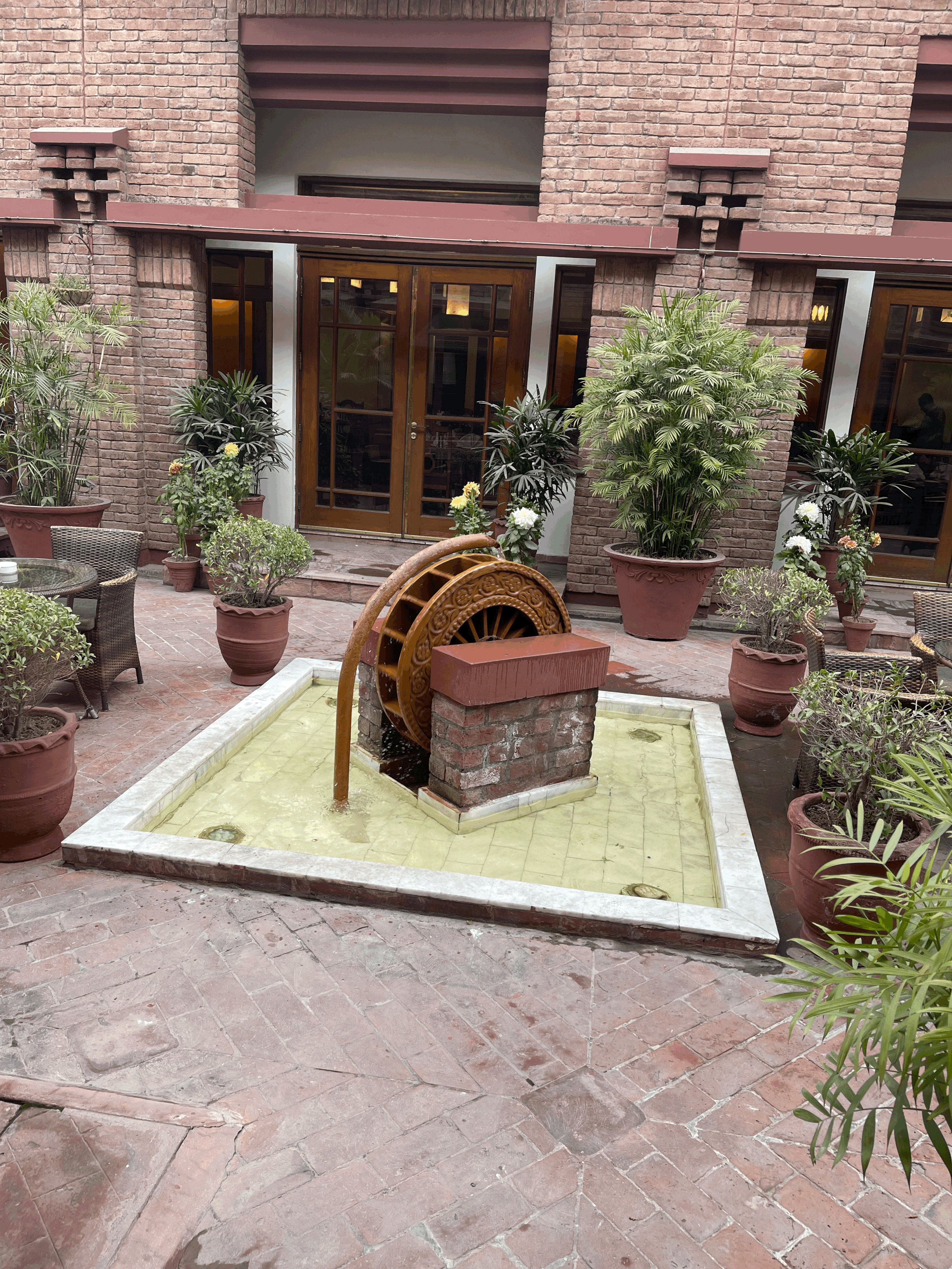
FAISALABAD - LYALLPUR
Originally named Lyallpur as an homage to Sir James Lyall - Luitenant Governor of The Punjab, then named Faisalabad in 1977 to honour King Faisal of Saudi Arabia. 150km south of Lahore. An Agricultural pivot. The city Faisalabad.

RAWALPINDI
The Potohar Plateau. Neighbour to Islamabad. Annexed to punjab in 1802. Established as a settlement in northern Punjab. A military garrison. A historical cantonment. The third largest Pakistani Punjabi city. 276km North of Faisalabad. 3 million people call Rawalpindi home.
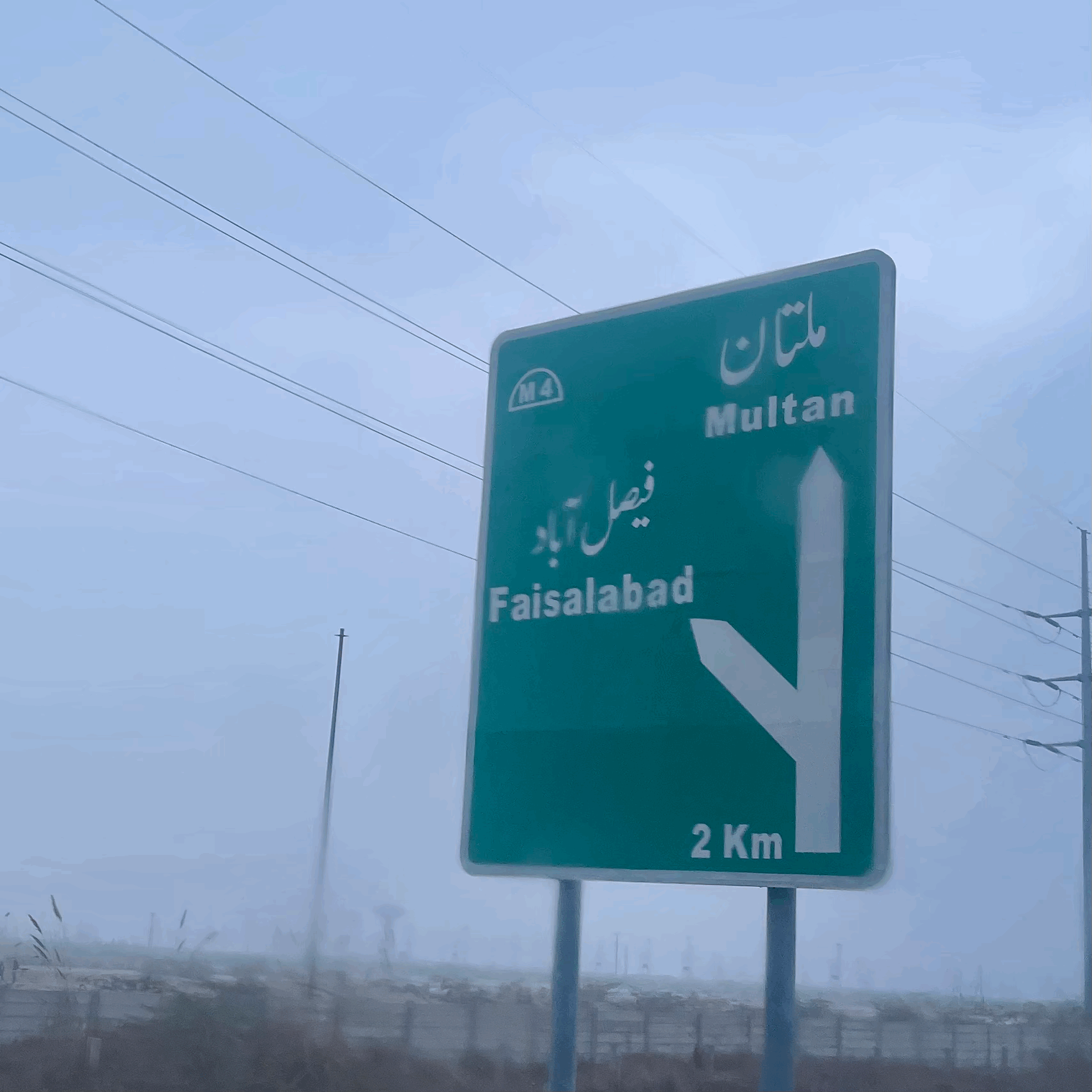
MULTAN
Banks of the Chenab River. City of saints. The Multan Fort. Cotton. Wheat. Sugarcane. Textiles. Ceramics. Handicrafts. 260km South of Faisalabad. 2 million people. 2 million stories. The Southern Punjabi city of Multan.
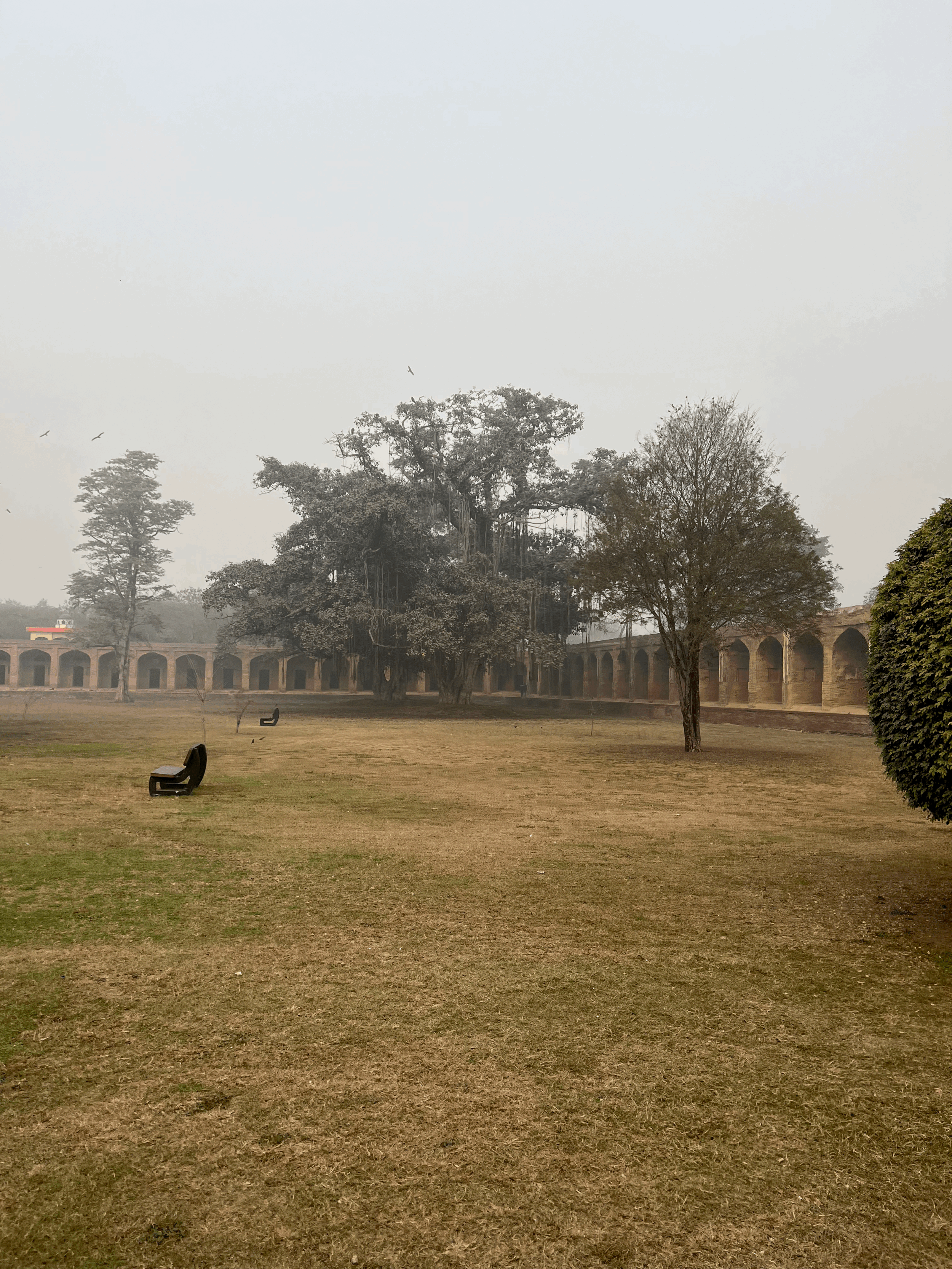
LAHORE
The capital of Pakistani Punjab. 2000 years old. A political centre. Bustling markets. Art. The city of Lahore, 70km south of Gujranwala, is one of Asia’s oldest cities, and Punjab’s most substantial.
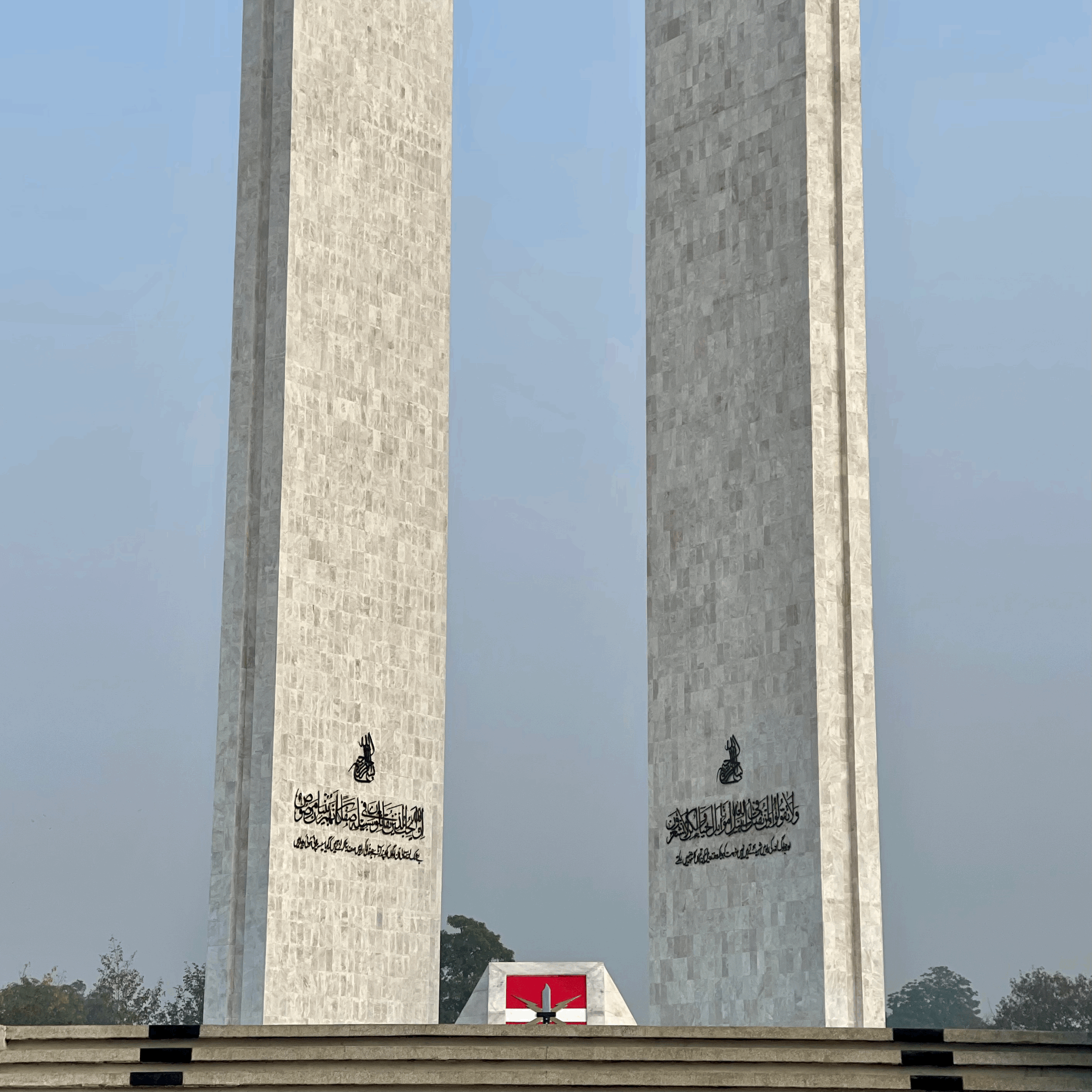
GUJRANWALA
Gujranwala. A city with grit. Fast-paced. Energetic. Known for its industry and strength. Hard work builds the future. Gujranwala’s spirit is tough. Resilient. Proud of its heritage. Modern. Yet deeply connected to its roots. A city that never stops.
Interact with the map to see the location of different cities.